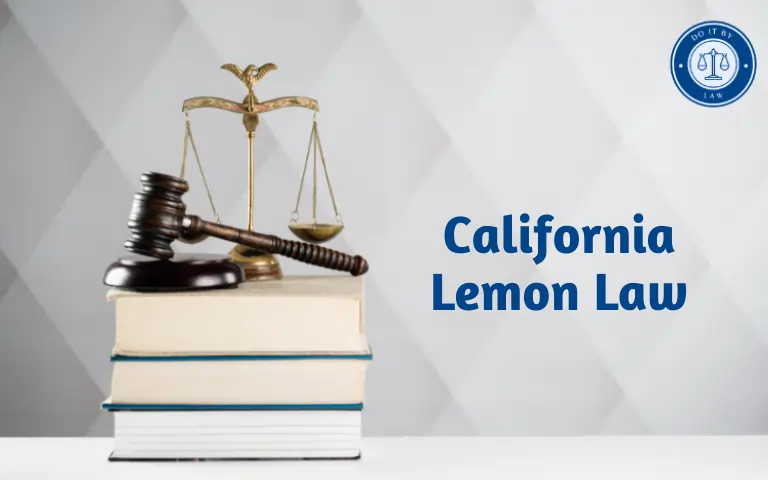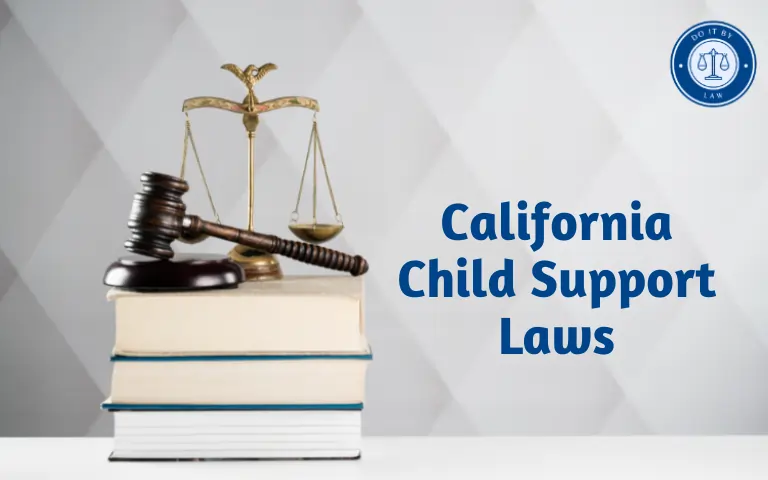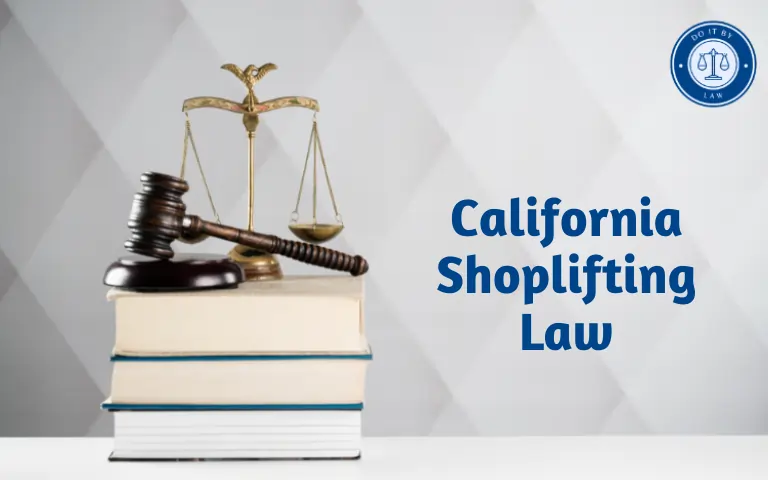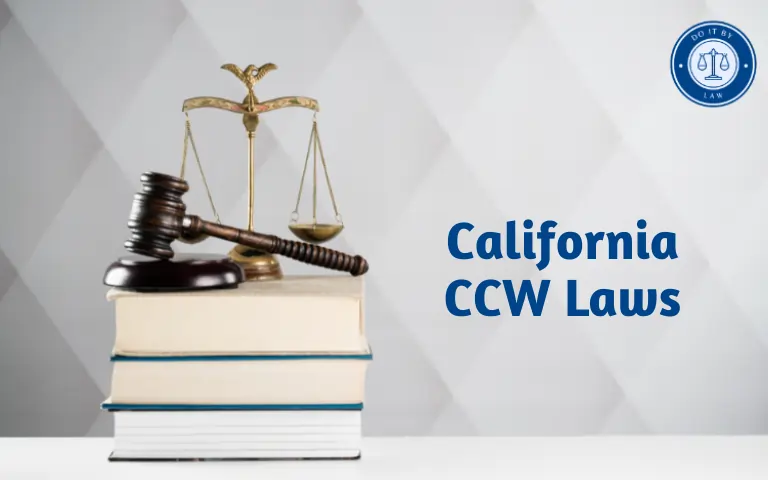California Lemon Law: What do you need to know
If life gave you lemons, at least you could make lemonade. But when you pay hard-earned money for a new or used “lemon” of a car or truck that turns out to be defective, it leaves a sour taste in your mouth. Have no fear, frustrated car owners of California. The California Lemon Law provides you with options if you purchased a dud of a vehicle that fails to be repaired after multiple attempts under warranty. Arm yourself with knowledge of your rights under this pivotal piece of consumer protection legislation.
When and Why California Enacted Its Lemon Law
California State Frustrated by previously purchasing faulty vehicles themselves, legislators enacted California’s lemon law, officially known as the Song-Beverly Consumer Warranty Act, in 1970. This trailblazing law emerged from the recognition that car owners lacked recourse when saddled with defective automobiles that manufacturers and dealers proved unable or unwilling to repair.
The overarching purpose provide consumer protection by holding manufacturers accountable and providing owners of irreparably faulty new vehicles with reasonable restitution. Amendments in 1982 and beyond expanded lemon law coverage in the Golden State to include used vehicles, appliances, and other products.
Who California Lemon Law Applies To
California’s lemon law protects both individual consumers and business owners who purchase or lease new or used vehicles weighing less than 10,000 pounds for personal or commercial purposes. This includes cars, trucks, vans, motorcycles, and motorhomes that undergo repairs under an express warranty from the manufacturer.
To qualify for coverage, vehicles must be purchased/registered or leased (for terms exceeding four months) in California. Out-of-state residents can still benefit as long as purchase or lease transactions occur within state boundaries.
Key Lemon Law Provisions
California’s lemon law comes into play when defects substantially impair vehicles’ use, value, or safety after a “reasonable” number of repair attempts under the warranty. The law presumes defects existed at the time of purchase if they manifest during the first 18 months or 18,000 miles.
For New Vehicles:
The lemon law deems it reasonable if, within 18 months or 18,000 miles of delivery, either:
- The vehicle undergoes the same repair of a defect four times without success.
Or - The vehicle spends over 30 days total out of service at the repair shop
For Used Vehicles:
Criteria differ slightly for qualifying used vehicle defects under express warranty:
- Unsuccessful repair attempt(s) of the same substantial defect within one year from purchase
Or - Cumulative days out of service for repairs exceeding 20 days within two years of purchase
Other Lemon Law Conditions and Restrictions
Alongside adherence to reasonable attempt timelines, certain other conditions apply for lemon law qualification:
- The affected defect(s) must substantially impair vehicle use, value, or safety. Minor issues don’t qualify.
- Qualification requires the manufacturer or authorized dealer to be unable to fix the defect(s) after reasonable repair attempts under express warranty coverage.
- Lemon law rights do not extend to defects from owner negligence, accidents, modifications, or unauthorized repairs.
Penalties and Other Remedies for Lemon Law Violations
When vehicle defects meet Lemon law criteria after failed repair attempts, manufacturers must promptly replace the vehicle or reimburse the purchase price. California lemon law provides injured parties multiple avenues for recourse:
- Civil Penalties: Car manufacturers in violation may incur civil penalties up to two times actual damages (up to $50,000).
- Legal Fees: Plaintiffs who successfully prove lemon law claims may recover reasonable legal costs for attorneys.
- Arbitration or Lawsuit: Consumers can pursue manufacturer disputes through lemon law arbitration programs or civil lawsuits. Courts may award actual damages plus up to triple damages (capped at $50,000).
Recent and Proposed Changes
While the law’s core provisions hold strong since early amendments, California’s lemon law continues evolving to address changing vehicles and consumer concerns. Recent updates affect leased vehicles, federal compliance emissions, and electric car batteries. Pending legislation proposes lemon law rights to protection plan purchasers.
Controversies and Challenges
The law faces criticism for lacking enough teeth to properly deter companies from knowingly selling lemons. Some argue qualifying thresholds make it too difficult for consumers to exercise rights. Additionally, manufacturers frequently dispute claims, arbitrate outcomes, or deny reimbursements without repercussion. Reform advocates push for tighter restrictions, oversight, compliance enforcement, and consumer awareness campaigns.
California Lemon Law Key Takeaways
Arm yourself with lemon law knowledge before purchasing your next vehicle in California. Seek qualified legal advice if stuck with a defective ride after failed repair attempts. Review qualifications to determine if your troublesome car, truck, motorcycle, RV, or other qualifying vehicle meets Lemon law criteria. If so, promptly communicate with the manufacturer and dealership to negotiate acceptable remedies under your consumer rights. Don’t let companies leave you simmering mad over a sour deal on a lemon!
Average California Lemon Law Settlements and Buybacks
Getting stuck with a “lemon” of a defective vehicle can leave car owners feeling sour, but lemon laws provide recourse. If repairs continually fail to fix substantial defects in your qualifying new or used car purchased in California, you have options under the state’s Song-Beverly Act. Remedies may include the manufacturer buying back your lemon vehicle at a prorated price or providing monetary damages.
The average lemon law settlement amount in California falls between $20,000 to $40,000, varying based on factors like vehicle type, age, mileage, purchase cost, and severity of defects. Qualifying used vehicles typically yield lower settlements than new ones due to depreciation.
Buyback formulas account for your vehicle’s mileage at the first repair attempt and the mileage allowed under the warranty. The manufacturer must refund your entire purchase price less than a reasonable mileage offset. Added compensation may cover taxes, fees, repairs, rentals, or other losses from the defective vehicle






